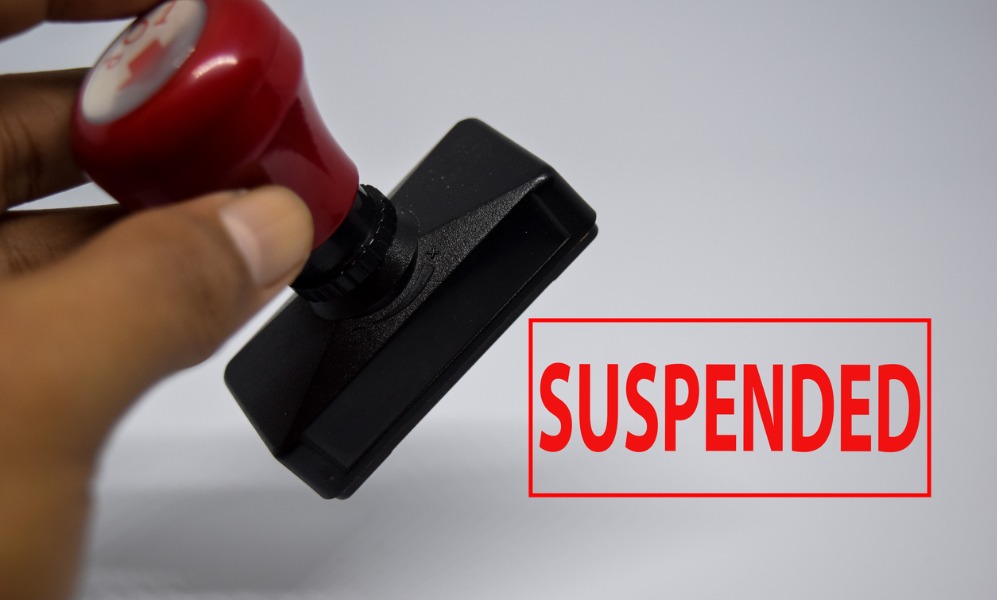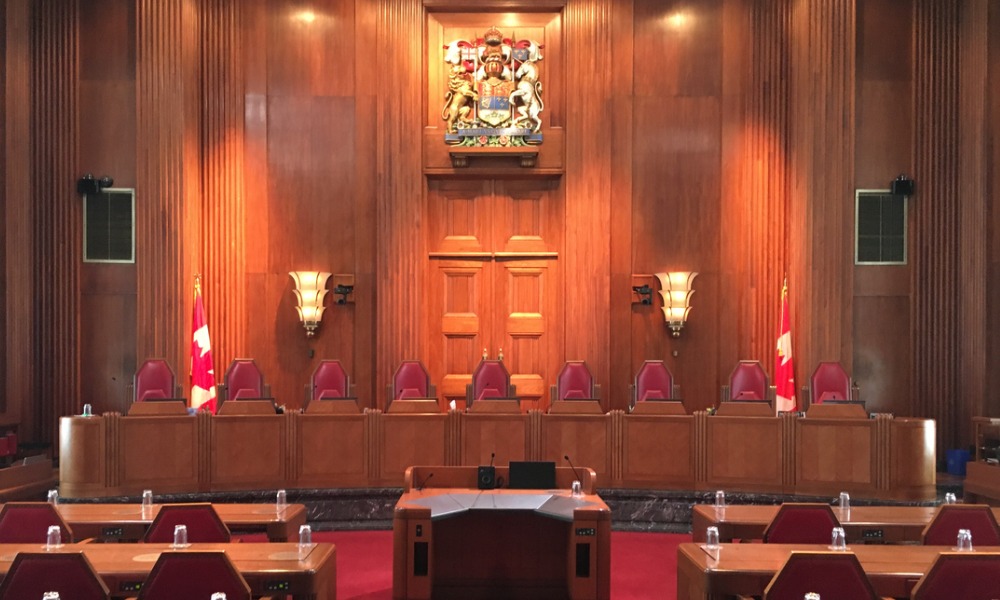The husband has avoided paying his wife under court orders for more than a decade

The Ontario Court of Appeal has allowed the wife to collect from her husband's debtors through garnishment.
In Benzacar v. Terk, 2023 ONCA 773, Anouk Benzacar had been attempting to collect the amount her former husband, Ira Terk, owed her under a 2011 Quebec Superior Court judgment and a 2017 Ontario Superior Court order. Terk had avoided paying for more than a decade, and his conduct had been the subject of judicial criticism.
Bencazar wished to garnish the debts owed to Terk by his employer, the respondent corporation known as 604402 NB Ltd. or “604.” Under the Rules of Civil Procedure, a creditor who holds an order to pay money may enforce it by garnishing debts payable to the debtor by other persons. Once a notice of garnishment is served, the garnishees become liable to pay the sheriff any debt they owe to the debtor.
Furthermore, the court explained that if the garnishee wishes to dispute the garnishment, they must serve a garnishee's statement in a prescribed form, acknowledging what debts are or will be owing or explaining why there are and will be none. A court may treat a garnishee's materially false statement without reasonable justification as the equivalent of no statement.
The respondent corporation filed garnishee statements, acknowledging that there were or would be any debts owed by it to Terk. However, only the part of the form applicable to a garnishee who does and will not owe any money to the debtor was filled out. Between 2019 and 2021, 604 paid certain amounts to the sheriff, representing 20 percent of the amounts it paid as salary in those years to Terk.
The motion judge found that the exemption for wages payable to Terk should be reduced such that 40 percent, instead of 20 percent, of his salary, was subject to garnishment. She also found that 40 percent of the management fees paid by 604 to Terk's alter ego company were subject to garnishment and should have been paid to the sheriff.
Bencazar raised the matter to the Ontario Court of Appeal, arguing that the motion judge committed an error in refusing to acknowledge that the garnishee statement of 604 was so deficient as to be the equivalent of no statement at all, which would have rendered 604 liable for the entire debt owed by Terk to Bencazar.
On the other hand, the 604 argued that the motion judge's order was entirely discretionary and was accordingly subject to appellate deference.
Most Read
The appeal court ultimately ruled in favour of Bencazar. The court explained that a garnishee statement's purpose is to delineate the issue between the creditor and the garnishee accurately. The court found that 604's statement was the antithesis of what was required as it did not acknowledge the debts it owed and would owe to Terk, and it could only be read as falsely claiming there were and would be no debts. The court concluded that it was, functionally, no statement at all.
Furthermore, the court pointed out that 604's assertion that it was insolvent, as its bank had called in its loans, was irrelevant to the existence and continuing accrual of debts to Terk. The court found no evidence that 604 was the subject of any formal insolvency proceedings that would stay enforcement of debts.
Accordingly, the court said that the motion judge should have given effect to Bencazar's entitlement to an order against 604 as a garnishee who had failed to comply with its fundamental obligation. The court directed 604 to pay the sheriff an amount less any sum it had paid to date to the sheriff under the garnishment notice.









